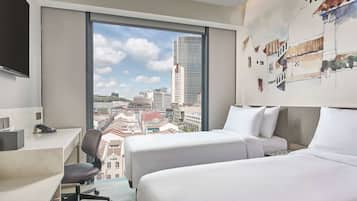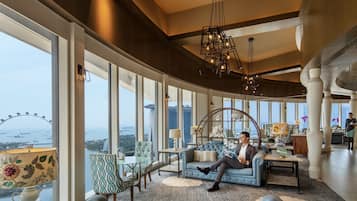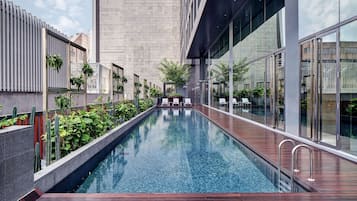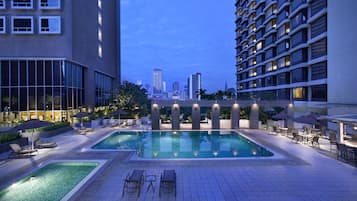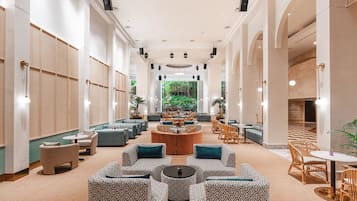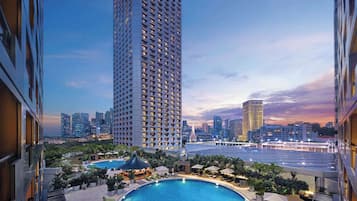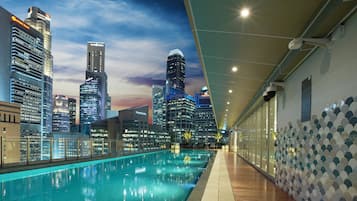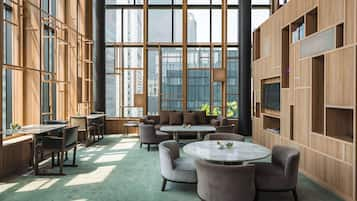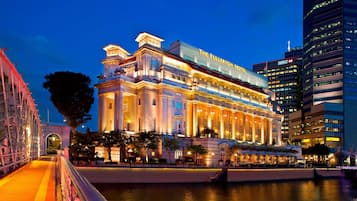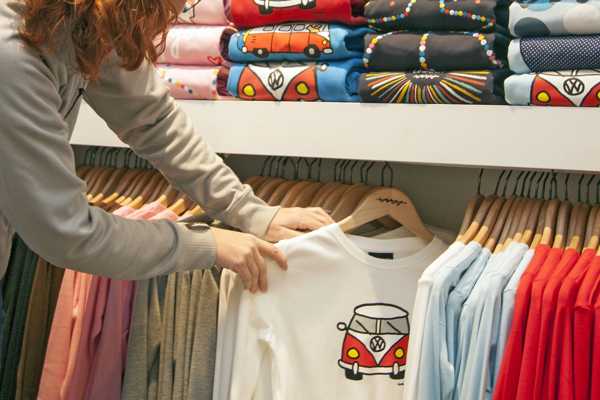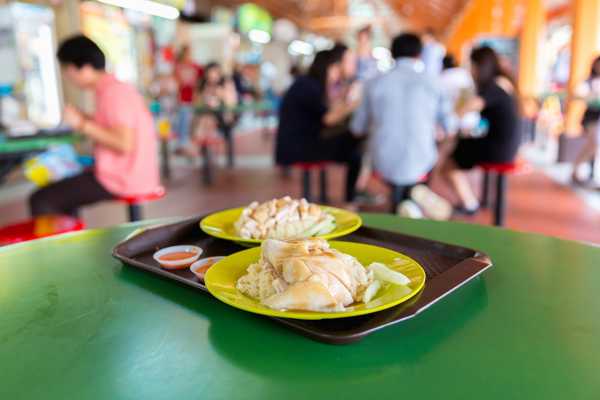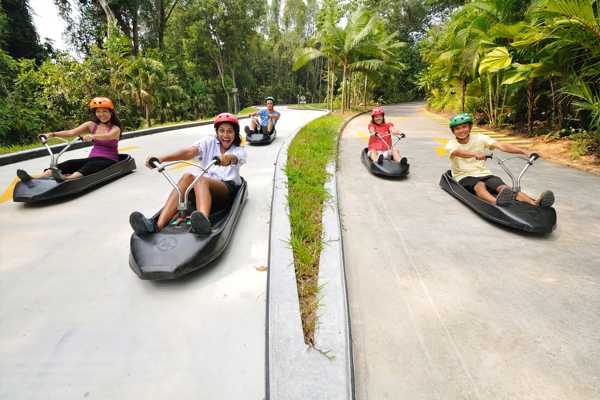The Republic of Singapore, for over half a century down the path of independence, has turned from a colonial backwater measuring a mere 580 sq km to a fast-paced ultramodern city. It is proudly one of Southeast Asia's most easily accessible cities, with downtown areas carefully crafted with towering skyscrapers, gleaming shopping malls, and well-planned facilities.
Today, Singapore's multicultural population numbers 2.8 million, consisting of 76 percent Chinese, 15 percent Malay, and 6.5 percent Indian.
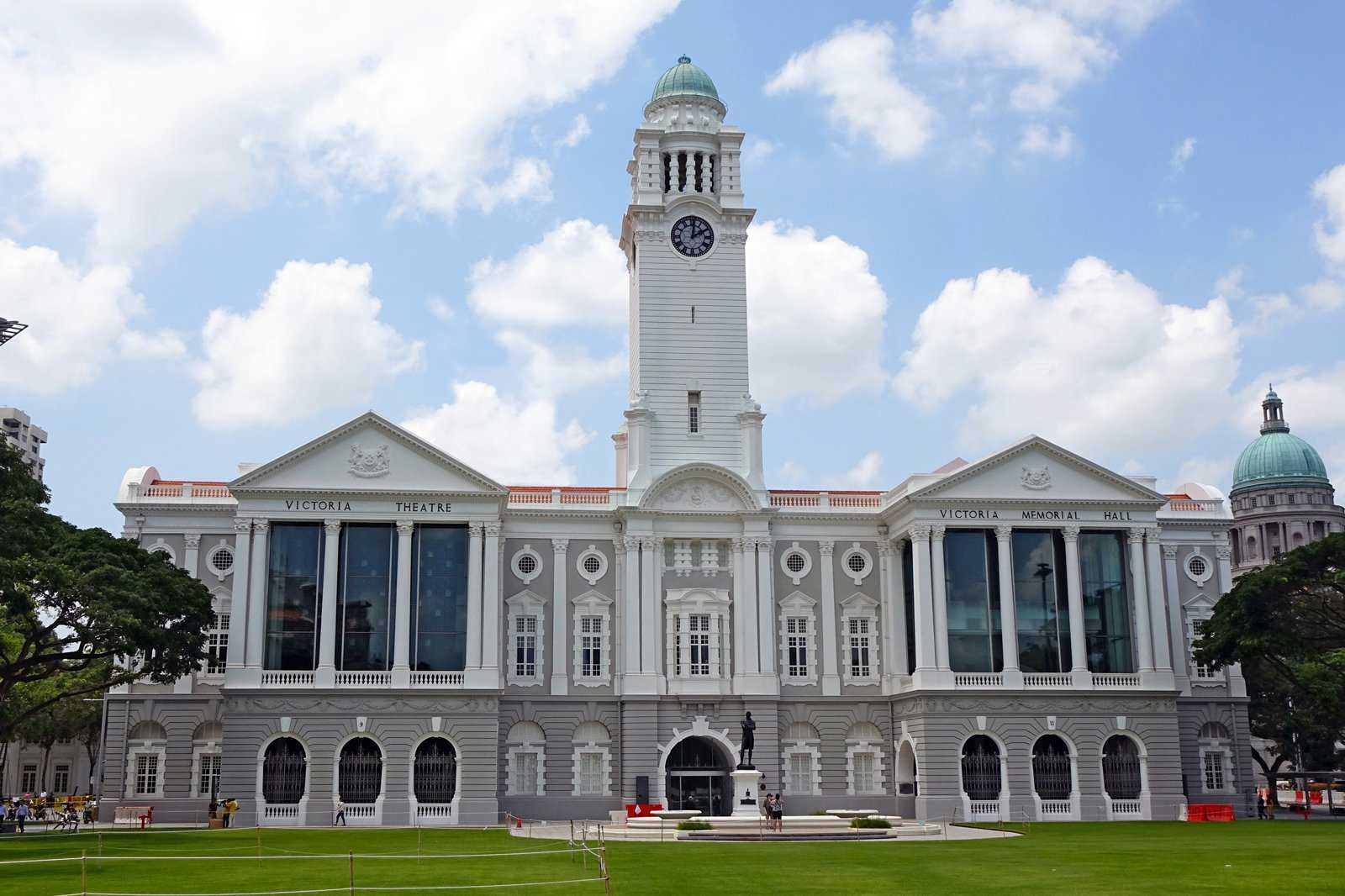
Singapore Administration and Government
The administrative government of Singapore has initiated considerable change and development over the years. Interestingly, the forces governing Singapore have made sure that the island is not overwhelmed by its vast developments. You can easily see proof of this through the abundance of nature reserves, parks, and green lungs.
Efforts put into the development of Singapore over the past half-century have been remarkable, considering the Republic's lack of any noteworthy natural resources. Its early prosperity was based on a policy of intense free trade, established in 1819 when Sir Stamford Raffles founded the island as a British trading post.
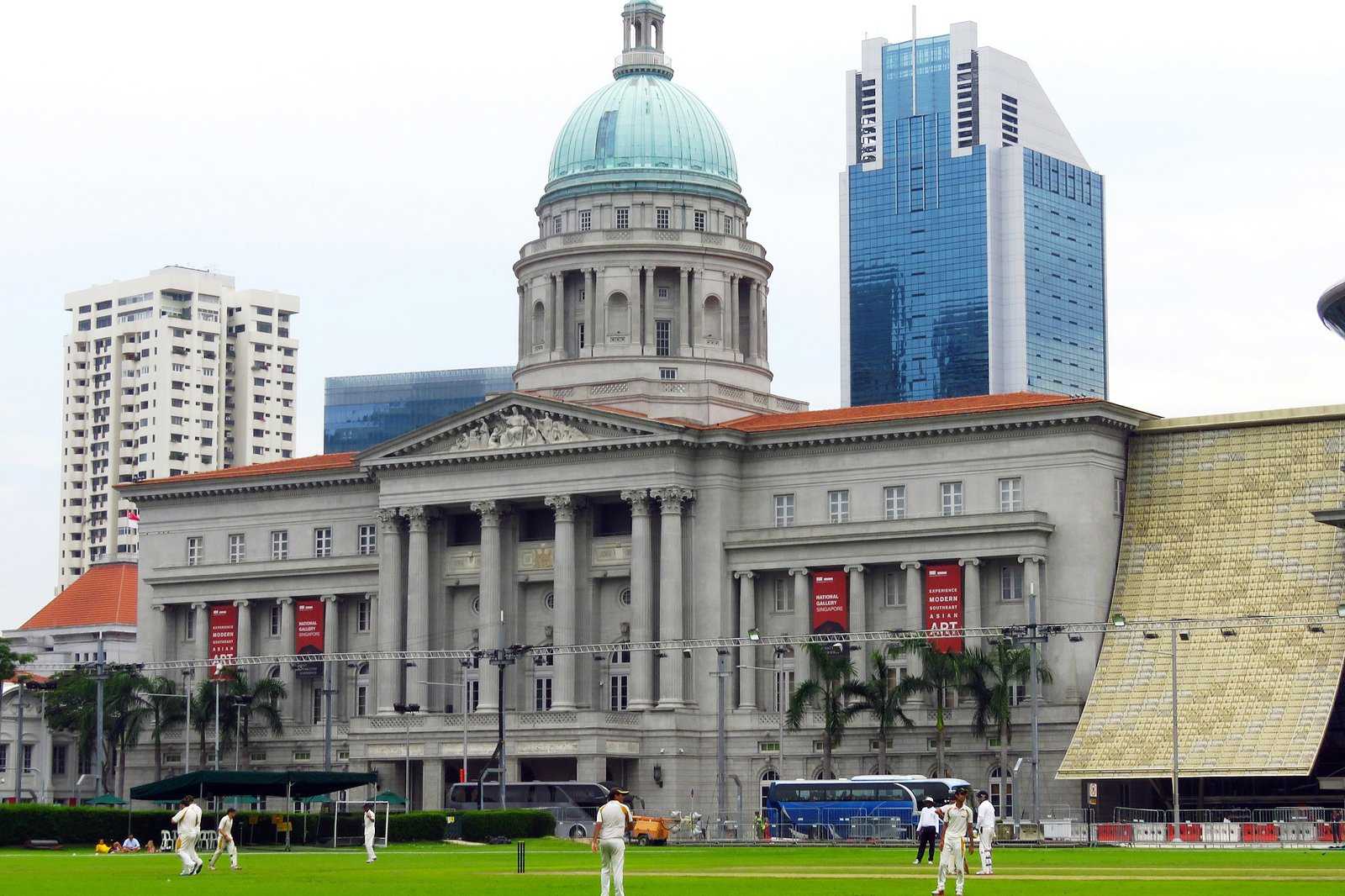
The government has been able to channel the mass industrialization to bolster its economy, and today Singapore is the world's busiest port, second only to Rotterdam. Singapore's government has also cleverly steered it out of inflation, with only minimal unemployment; equipped it with a super-efficient infrastructure, and an average per capita income of over US$ 12,000.
This feat was and isn't achieved without some considerable compromise. There's an unwritten understanding between the government and the people that stipulates the loss of a certain amount of personal freedom, in return for the comfort and affluence that would have been unimaginable 50 years ago.
Singapore's former prime minister, the late Mr Lee Kuan Yew, was known to voice the sentiment that, "When you're hungry and lacking basic services, freedom, human rights and democracy do not add up to much."
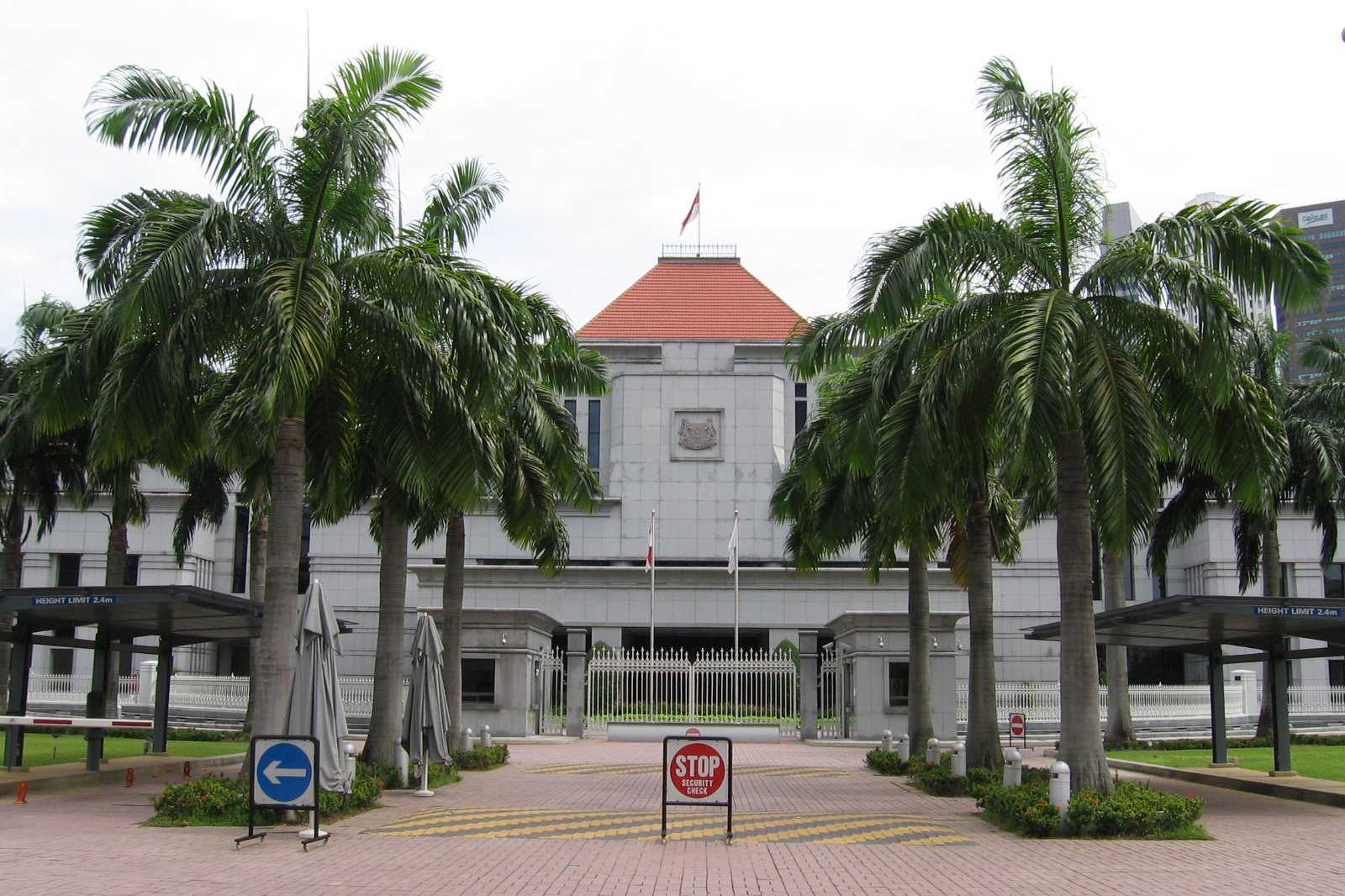
Indeed Singaporeans rarely go hungry and cold, yet neglecting to flush a public toilet, chewing gum, jaywalking, eating on the subway, and vandalism really does carry sizeable fines and heavy punishments. The Singapore government rarely has the need to mete out these punishments and fines, though, as Singaporeans have learned not to break the law.
This alone obviously shows the population's trust in the leadership and wisdom of its government, and people appear content to be under the rule of a paternalistic form of government often described as soft authoritarianism. Hence, Singaporeans have come to be known for their unquestioning subservience to their government.
This statement does indeed hold its truth, as the past has shown Singaporeans that following their government's lead, brings certain bountiful benefits. They take great pride in their country – a clean, safe place to visit, with amenities second to none and smoke-free and hygienic public places.
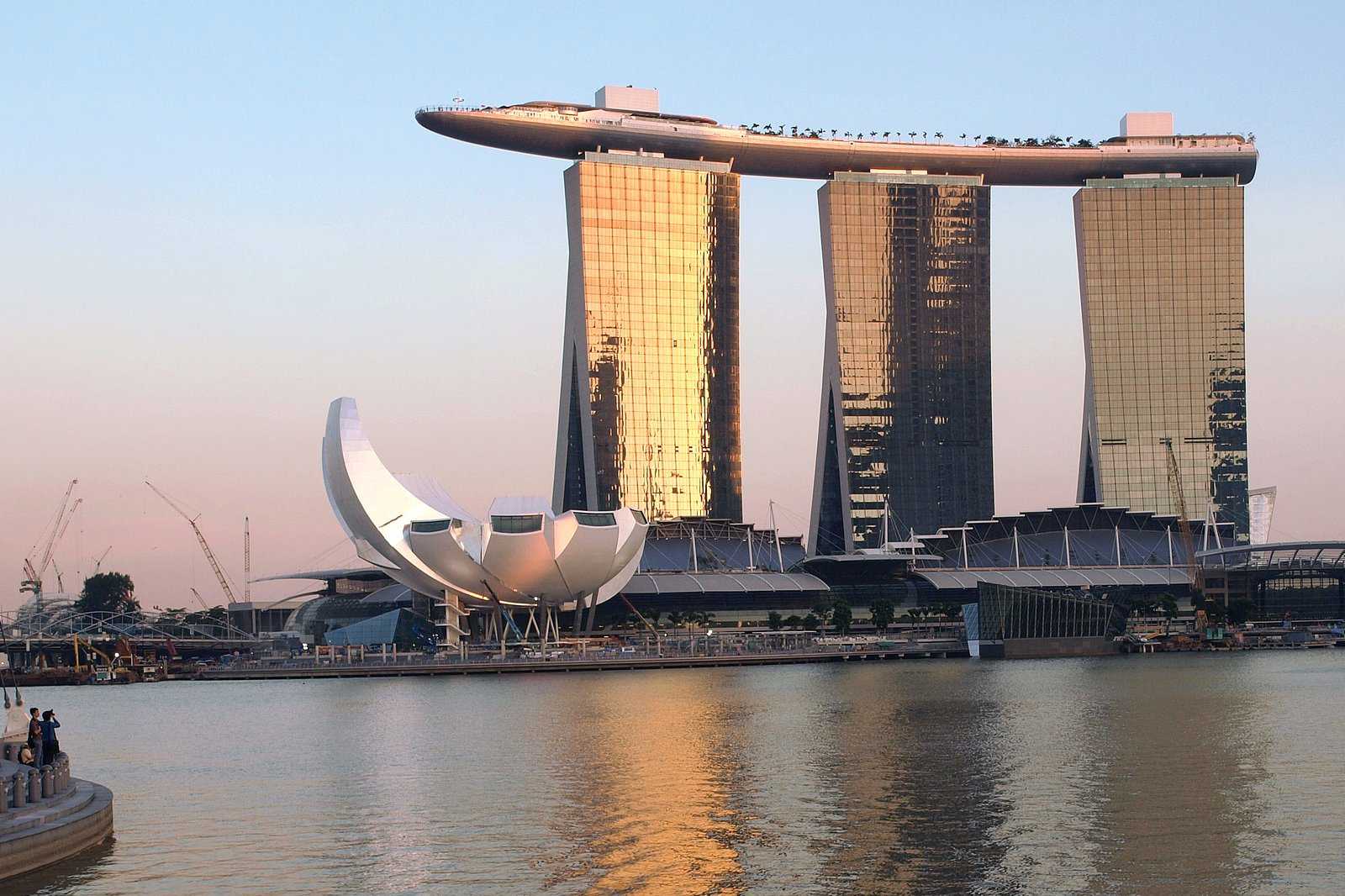
The nation's youth hardly remember a time before the comforts of Singapore's advanced improvements. But as they in turn grow, public life should become increasingly, more liberal and democratic. But whatever the view or opinion on Singapore's government, Singaporeans today feel that there is more economic relevance in the 7 million annual visitors to Singapore, than the opinions of others.
Singapore's government is strict on drug laws, with the death penalty applied for drug trafficking. It is also against the entry of firearms, controlled drugs, endangered species of wildlife, chewing gum and cigarette lighters in the shape of a firearm. Smoking in public buses, the MRT, taxis, lifts and air-conditioned places is also deemed against the law; with fines up to S$1,000. The government is also adamant that littering is an offence and carries penalties of a fine of S$1,000 or more – and also a stint of a corrective work order.
Whatever steps the government takes to uphold security and boost morality, Singapore is indeed a safe city and country, even for roaming about in the day or at night.



